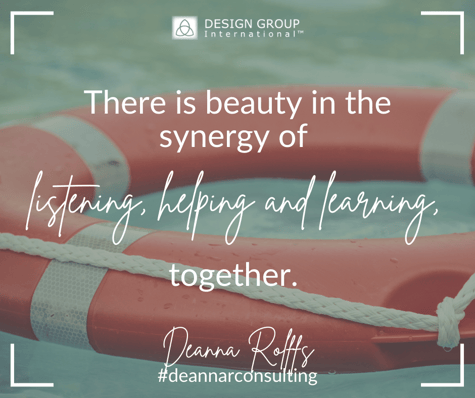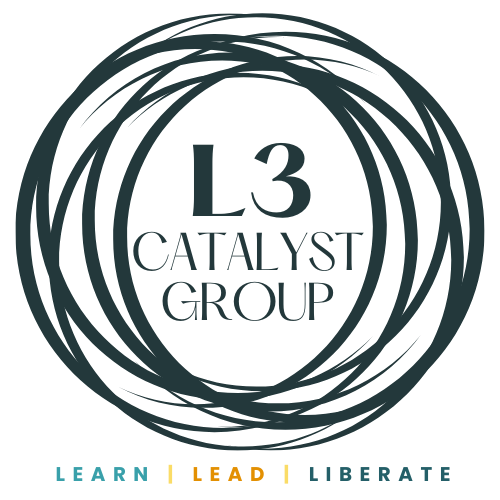My high school church youth group traveled to the Mississippi Delta for a service project hanging drywall, painting, cleaning and leading a church school program for local kids. We were a group of all white folks from the middle of Iowa, many of us interacting with Black people for the first time. As we drove wide-eyed past dozens of tiny dirt floor homes with shiny new cars out front, I was thoroughly confused, without the cultural intelligence and racial equity awareness that were never raised nor discussed. I filled in the blanks with questions and assumptions, not understanding the current implications of hundreds of years of chattel slavery, lynching, lack of well-paying jobs, segregated education, predatory lending, and generational poverty.

At one point the local Black neighbors made an amazing picnic for us with fried chicken, greens, and potato salad. We white folks thanked them politely, with uncomfortable smiles and stiff shoulders. We ate, with an invisible line between us: Black folks on one side of the yard, white folks on another. I froze in my spot, wanting to cross that invisible divide, ask questions, listen, learn and connect across vast difference. I stood glued to the ground, next to the white folks.
Did we really help? Tangibly, likely; our projects were led, planned, and facilitated by local Black church leaders. But deeper than that, did we grow judgement or understanding? Did we build relationships or division? Did we white high schoolers and church leaders head back to Iowa thinking we’d saved lives, firmly amazed at how happy “they” were in spite of their inhumane living conditions? Did we fix homes and teach Bible school lessons while subtly determining the locals “less than?”
Many people just want to help.
I was enculturated to help.
Helping without a lens of power and privilege, however, often backfires and can become toxic. Helping can be super unhelpful if it:
become toxic. Helping can be super unhelpful if it:
- centers the helper's power, perspective, giftedness or agency
- doesn't provide help that's needed or wanted by those helped
- provides just enough help to keep the receiver dependent on the helper
- doesn't deeply understand the root causes and systemic components at play or
- isn't curious to learn, listen and adjust.
Learning about toxic charity, power dynamics and anti-oppression has helped me better understand healthy helping.
Helping through a process consulting lens can guide all leaders to help more effectively--instead of hurting.
Helping: Equipped with the right purpose and a co-created process, we walk alongside you and your organization through planned activities that advance your goals and objectives. Through iterative steps along the way, we will shift and pivot to achieve your desired results.
Originally, I didn’t want to be a consultant. I thought they used a hard-sell approach, told people what to do, and made it all about themselves, that consultants tried to strong-arm people into hiring them.

There is always more than one way to do things–and I wanted a different way, another path.
Process consultants take a very different approach. We recognize that you are the experts in your systems, even when stuck. We hold the critical role of listening to leaders and teams in order to co-design solutions that move your organization forward. We value the learning required to make sustainable, organizational change. And we employ the shared values of listening, helping and learning, which sometimes function in sequence, are often iterative, and constantly work together throughout our consulting relationship. (Source: Matt Visser)
There is beauty in the synergy of listening, helping and learning, while shifting who is centered in the commitments.

Recently I shared about The Magic of Listening. Next, we will be digging into the fact that Learning is Courageous, and not for the faint of heart.
How do you notice people helping? How do we know if it's the help that's needed by those we intend to help?
Fellow leaders and learners, I wish you courage and resilience for the journey.
Peace to you,


What I’m Reading & Watching
Regarding This Topic:
- Society for Process Consulting and CEO Kim Stezala
- Toxic Charity by Robert D. Lupton

Questions for Consideration
Regarding This Topic:
- How do you notice people helping? How do we know if it's the help that's needed by those we intend to help?
- Do you notice instances of the helped deciding what kind of help they receive? How did that happen?
- How can you flip power dynamics to center those helped over those helping?

November 24, 2021





Comments